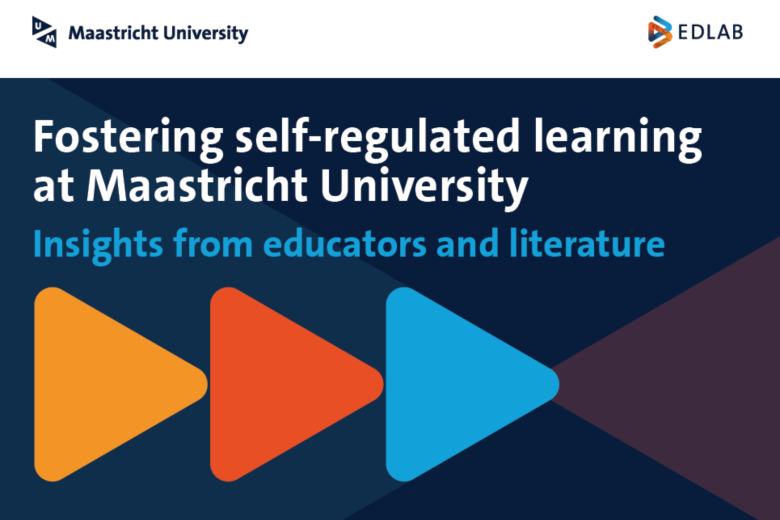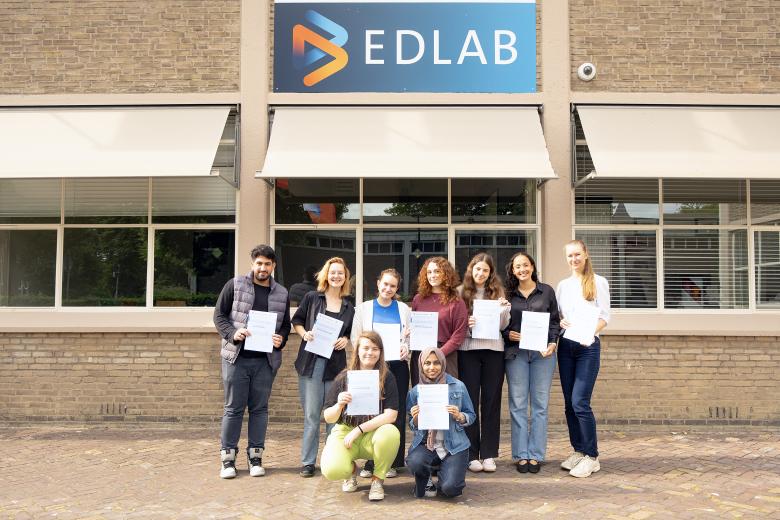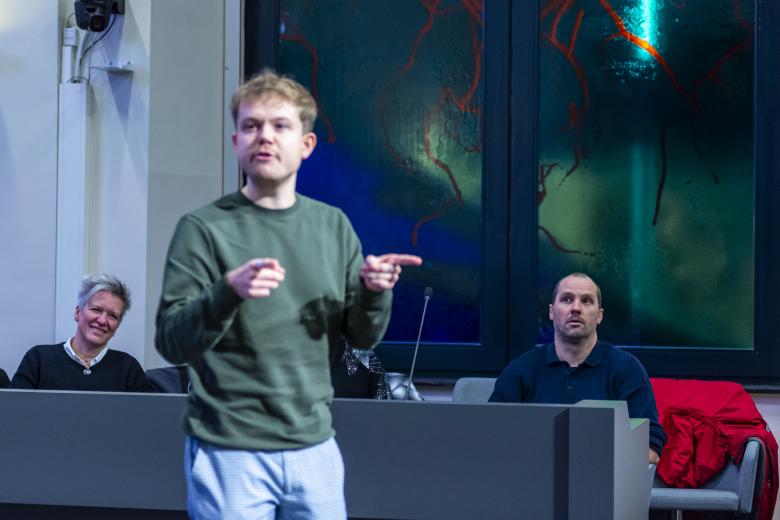The quick facts on our sitting habits
EDLAB’s Education That Moves You project has shared many research sources showing the disadvantage of sitting and the ways in which you could change your habits for the better. But what exactly are the straight up facts?
Thanks to Natura Foundation, we can give you the quick facts on what research has shown so far.
People who sit too much...
- … are 112% more susceptible to developing diabetes
- … are 147% more likely to get heart and vascular diseases
-
… have a 49% more chance of overall mortality
-
… more often have high cholesterol, lower back pain, cancer or poor circulation
Why do things differently?
- Working while standing up helps you to burn calories and fights obesity
- People who work standing up are 46% more productive
- By finding a balance between sitting and standing, life expectancy can be extended by three years
- Walking 30 minutes a day helps you to take full advantage of these benefits, while sitting more than 10 hours a day makes benefits vanish in thin air
Do these statistics convince you to take a fresh look at your sitting behaviour?
Go to EDLAB's Education That Moves You project page.
Also read
-
Research report: Fostering self-regulated learning at Maastricht University – Insights from educators and literature
Drawing on academic literature, good practices, and the experiences of UM teaching staff, this handbook outlines what SRL is, how it connects to our CCCS educational model, and how it can be applied in day-to-day teaching. It includes concrete examples, tools, and reflections from colleagues across...

-
ESAB students receive certificates for their contributions in 2025
In the academic year 2024-2025, 11 UM students joined the EDLAB Student Advisory Board (ESAB) and contributed their ideas to cross-faculty discussions on teaching, learning, and educational innovation.

-
More than another ‘to-do’: how the UTQ helped me rethink my teaching
At Maastricht University, the University Teaching Qualification (UTQ) is a professional development programme designed to strengthen teaching and learning. It supports teachers in developing core teaching competencies through a combination of workshops, peer learning, on-the-job experience, and...
